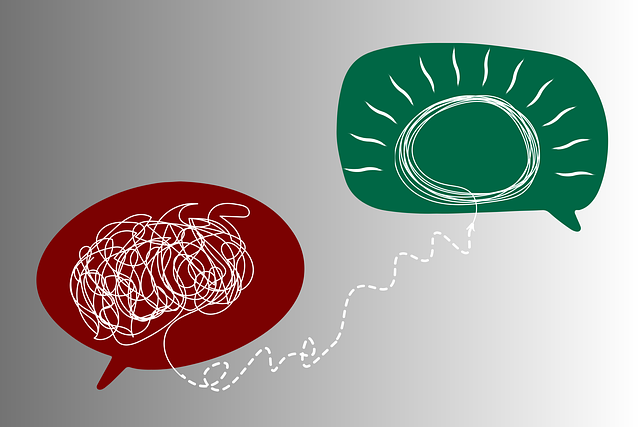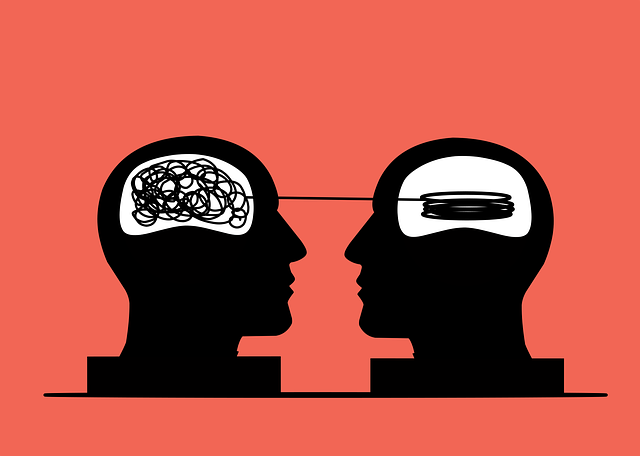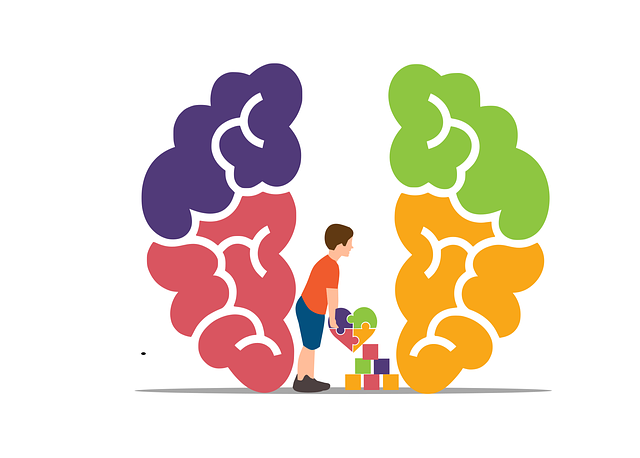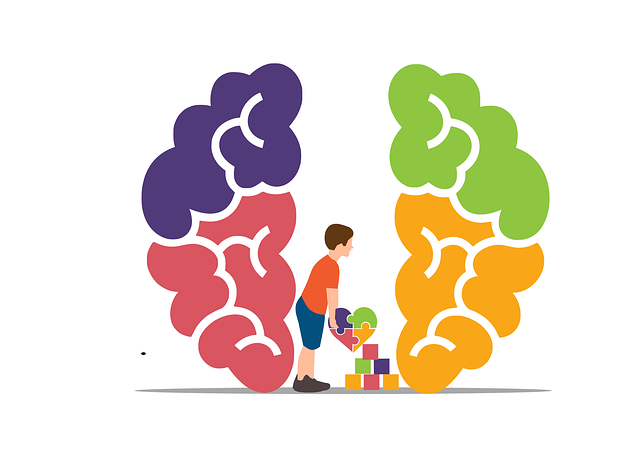Emotional Intelligence (EI), as viewed through Parker Play Therapy, is a crucial set of skills involving emotional awareness, management, and understanding others' feelings. This approach uses play to enhance self-expression, empathy, and emotional regulation in both children and adults, leading to better mental health, job satisfaction, and social relationships. Tailored to diverse needs, Parker Play Therapy offers an innovative method for trauma or social challenge management in education and the workplace, integrating reflection exercises, journaling, podcasts, mindfulness practices, and short meditation sessions for holistic well-being.
Emotional intelligence (EQ) is a powerful tool for personal growth and successful relationships. Understanding and cultivating EQ can lead to improved mental health, enhanced self-awareness, and better management of emotions in various situations. This article explores the benefits of building emotional intelligence and introduces Parker Play Therapy—a unique approach that nurtures EQ through play. We also provide practical strategies to enhance your emotional intelligence daily.
- Understanding Emotional Intelligence and its Benefits
- Parker Play Therapy: A Unique Approach to Nurturing EQ
- Practical Strategies for Enhancing Emotional Intelligence Daily
Understanding Emotional Intelligence and its Benefits

Emotional intelligence (EI) refers to an individual’s ability to recognize, understand, and manage their own emotions, as well as recognize, interpret, and influence the emotions of others. This concept, often discussed in the context of Parker Play Therapy, goes beyond mere emotional awareness. It encompasses a range of skills that enable people to build strong relationships, make thoughtful decisions, and navigate challenging situations effectively. By fostering EI, individuals can improve their social interactions and overall well-being.
The benefits of developing emotional intelligence are far-reaching. Research suggests that high EI individuals tend to have better mental health, higher job satisfaction, and more successful interpersonal relationships. This is particularly evident in areas like education and the workplace where Social Skills Training and Public Awareness Campaigns Development can significantly contribute to fostering a more empathetic and productive environment. Parker Play Therapy, for instance, offers a unique approach to helping children and adults develop these crucial emotional intelligence skills through play and interaction.
Parker Play Therapy: A Unique Approach to Nurturing EQ

Parker Play Therapy offers a distinctive and innovative approach to enhancing emotional intelligence (EQ). This therapy method recognizes the power of play as a means to foster self-expression, empathy, and emotional regulation in individuals of all ages. By creating a safe and nurturing environment, therapists facilitate a unique process where clients can explore their feelings, resolve conflicts, and develop essential coping strategies through imaginative play scenarios.
This therapeutic technique is particularly effective for children and adolescents who may struggle with expressing their emotions verbally. Play provides an alternative pathway to communicate and understand complex feelings, thereby promoting emotional well-being promotion techniques and self-care practices. Moreover, Parker Play Therapy can be tailored to suit diverse populations, making it a valuable tool for mental health professionals in their risk management planning, especially when dealing with clients who have experienced trauma or face social challenges.
Practical Strategies for Enhancing Emotional Intelligence Daily

Building emotional intelligence is a daily practice that can significantly enhance our interactions and overall well-being. One effective approach is to incorporate Parker Play Therapy techniques into your routine, as this method encourages individuals to express and understand their emotions through play and creative activities. By providing a safe space for exploration, play therapy allows people to develop self-awareness and improve their ability to manage and connect with others’ feelings.
Additionally, integrating Mental Health Education Programs Design into daily life can be transformative. Engaging in regular reflection exercises, keeping a journal, or participating in Mental Wellness Podcast Series can foster personal growth. These activities promote self-reflection, help identify emotional triggers, and offer valuable insights into managing stress through effective coping mechanisms. Stress Management is another crucial aspect; incorporating mindfulness practices, deep breathing exercises, or short meditation sessions throughout the day can reduce anxiety and improve overall mental resilience.
Emotional intelligence is a powerful tool that can enhance our personal and professional lives, fostering healthier relationships and improving overall well-being. As we’ve explored through this article, understanding and nurturing emotional intelligence is accessible to all. By incorporating practical strategies from everyday life to innovative approaches like Parker Play Therapy, anyone can build and strengthen their EQ. Remember, the journey to emotional intelligence is ongoing, so continue to explore, learn, and grow for a more fulfilling future.














